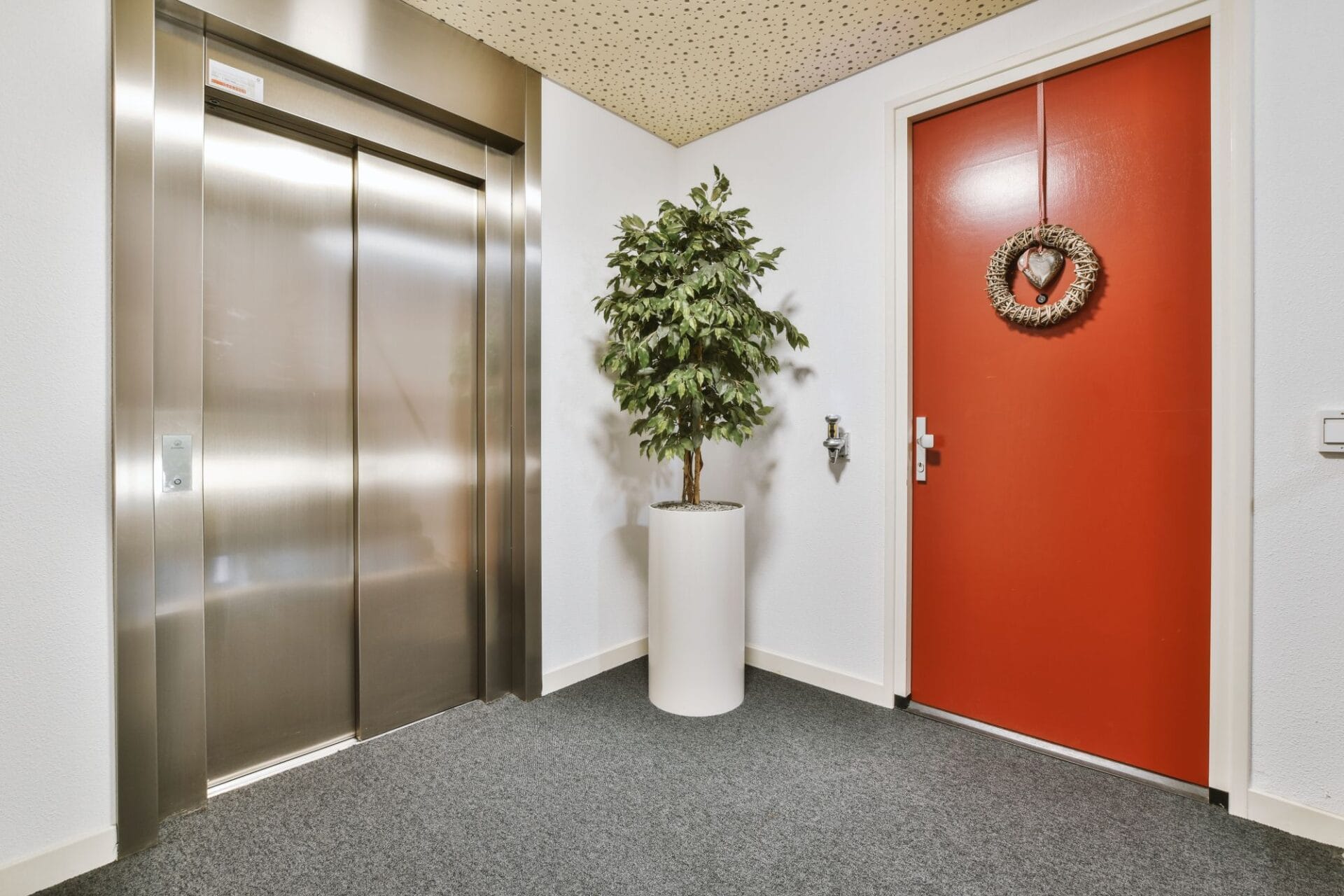A few months back, we published an article highlighting 10 things board members should keep in mind while serving their community.
This time around, we’re putting the spotlight on community managers. Condo and HOA managers are often overworked and underappreciated, but they continue to work hard because they see the difference they are making.
Below are some excellent points to keep in mind as you go about your workweek. Some may help you be more productive, while others will remind you of just how important you are.
Table of contents
- Good community managers are rare and valuable
- More HOAs means higher demand for managers
- Prioritize your management skills
- Condo and HOA boards probably want your input
- You cannot effectively manage a community without trust
- Setting boundaries is key to preventing burnout
- Avoid talking about politics with clients and owners
- Make sure you’re marketing valuable service, not cheap service
- Everyone deserves a second chance
- You can’t make everyone happy all of the time
1. The value of a good manager cannot be underestimated
There is a chronic shortage of qualified people to manage governed communities. Ontario, Canada, for example, is desperate for experienced condo managers. New licensing requirements, introduced a few years ago, are partially responsible for the shortage. Many managers didn’t want to get retrained on top of all of the other things they were being asked to do.
Currently, there are an estimated 4,564 licensed condo managers in Ontario. But there are 12,690 condo buildings with more than 900,000 units in them. A similar story is playing out for strata communities in British Columbia.
In the U.S., management companies are also experiencing challenges with attracting and/or retaining qualified staff. Staff who do have the skills and experience want to be paid more since they know there is a shortage of talent, but condo and HOA communities are doing all that they can to reduce spending.
Nonetheless, good property managers should not sell themselves short. Fair pay and a reasonable work schedule are not too much to ask for, considering all of the responsibilities they have to juggle. It’s a tough job, and without proper compensation, many end up feeling like the work isn’t worth it. Ultimately, managers who are undervalued leave the industry.
2. The continued growth of community associations means that the demand for managers will also grow
It is estimated that at least 30% of Americans live in an HOA community, reports the Foundation for Community Association Research. That’s over 75 million people!
Furthermore, the number of HOAs is expected to grow by 3,000 in 2024. Like them or loath them, roughly 2/3 of newly built homes will belong to governed communities. That’s because they are profitable for developers, and local government can pass some responsibilities, like snow removal, waste management, or road maintenance, onto the association.
Not everyone who lives in a condo or HOA likes being a member, but a good manager can make the owner experience more enjoyable.
Larger associations would find it extremely hard to manage the community without support from a team of professionals, but almost all associations can benefit from hiring a condo/HOA manager.
The Foundation for Community Association Research’s homeowner satisfaction study, conducted every two years, found that 61% of respondents employed a community manager in 2024.
That number was down slightly from 2022; 66% of respondents reported having a community manager. However, the bigger picture shows that demand has trended upward. 60% of respondents said they had a community manager in 2020, and 57% had one in 2018.
3. Your management skills should be prioritized
Community managers are professionals – they are not hired to serve as clerks or secretaries. While this sounds obvious, unfortunately, many managers end up doing far more admin work than they should.
That’s not to say this work isn’t important, but it can easily take up all of your time and energy.

Managers should be spending much of their time solving problems and leading initiatives, not doing paperwork. Make sure your clients understand this.
4. Condo and HOA boards probably want your input
There are boards out there that know what they’re doing and don’t require guidance from management. However, board members with little experience will appreciate it if their manager speaks up in board meetings or provides recommendations for big decisions.
The board does not have to follow your advice, but members will almost certainly be thankful to have someone on their side who has prior experience handling condo/HOA business.
5. You cannot effectively manage a community without trust
If a board doesn’t trust you, it doesn’t matter how proficient you are as a community manager. An authentic working relationship with the board is required in order for your work to be successful.
6. Setting boundaries is key to preventing burnout
Just like your clients, you cannot be on duty 24/7. You do not have to respond to emails at 2 am.
Many condos and HOAs hire a property manager precisely because they need help with day-to-day tasks. But you are there to help, not completely alleviate board members of their duties.
If you aren’t already using property management software, it may be time to start looking at options. Management software has been proven to reduce workloads and lessen headaches for property managers and their communities.
7. Avoid talking about politics with clients and owners
Just like when you attend a big family dinner, there are a couple of topics to steer clear of when working with a condo or HOA community. Political issues can become contentious, and you’re not being paid to advocate for or against people.
Refrain from sharing opinions about who is (or would be) a good (or bad) director.
8. Don’t participate in a “race to the bottom”
It’s tempting to keep your fees low considering other companies are doing the same. But can you really perform at your best when aren’t getting paid what you are worth?
Remember the first point in this list. Demonstrate your company’s commitment to providing qualified professionals and a level of service that meets the expectations of your clients.
9. Everyone deserves a second chance
Owners are going to take up a lot of your time. They might ask you questions that they could find answers to on the community website, or they might unknowingly break a rule.
While you can’t ignore the violation, you can be gracious with first-time violators. The average condo/HOA member doesn’t look at the governing documents until it is too late. If appropriate, have an informal talk with them, followed up by an email recounting everything that was discussed.
Give owners a chance to comply with rules. They are much more likely to cooperate if they feel like you have been reasonable. If they don’t take the warning seriously, then continue with the formal violation process.
10. You can’t make everyone happy all of the time
On that note, violations are never well-received. But it’s impossible to keep everyone in a community happy all of the time.
Condos and HOAs are contentious. There are many different opinions and beliefs trying to coexist in a small space, and some are bound to clash.
Recognizing this makes it a bit easier to understand the frustration of members who must sacrifice their own wants to satisfy the needs of others.
Do your best to stay neutral and professional; when interacting with angry owners, but don’t remain passive if you are ever threatened or assaulted. Contact authorities right away if anyone becomes violent.























